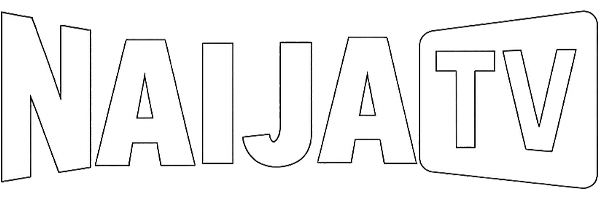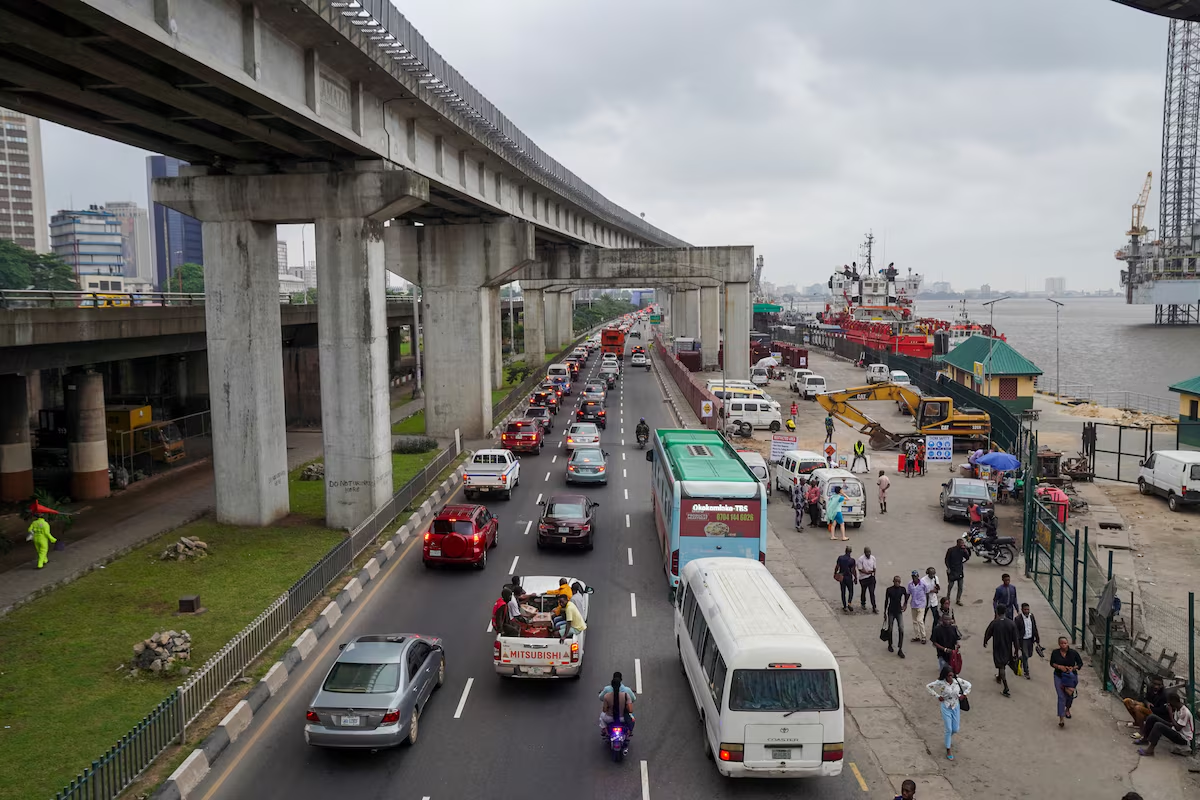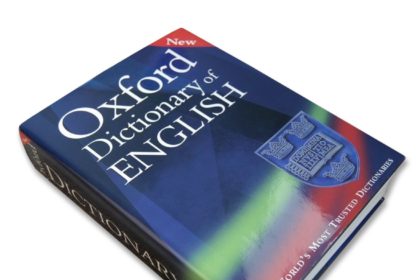Nigeria’s bold economic reforms are beginning to stabilize the country’s finances, but soaring food prices and deep poverty threaten to erode those gains, the World Bank warned in a new report released Wednesday.
The Bank noted that President Bola Tinubu’s government has made “significant strides” by scrapping the decades-old fuel subsidy, devaluing the naira, and reforming taxes. These policies have lifted growth, boosted revenues, and strengthened external reserves. Nigeria’s economy expanded 3.9% year-on-year in the first half of 2025, up from 3.5% last year, powered by non-oil industries, agriculture, services, and a modest oil rebound. Foreign reserves climbed past $42 billion, while the current account surplus widened to 6.1% of GDP. Public debt is projected to fall for the first time in a decade, from 42.9% to 39.8% of GDP.
But these macro wins have yet to translate into relief for ordinary Nigerians. The cost of a basic food basket has increased fivefold since 2019, hitting poor households hardest, many of whom spend up to 70% of their income on food.
“The true measure of success will be how these reforms improve the daily lives of Nigerians — especially the poor and vulnerable,” said Mathew Verghis, World Bank Country Director for Nigeria.
The Bank urged urgent steps to remove trade barriers, fix supply chain bottlenecks, increase fiscal transparency, and expand safety nets to shield vulnerable citizens. Growth is projected to reach 4.2% in 2025, but inflation will remain elevated without decisive food price interventions.











